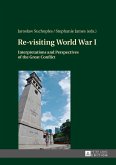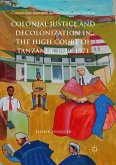The Griqua people are commonly misunderstood. Today, they do not figure in the South African imagination as other peoples do, nor have they for over a century. This book argues that their comparative invisibility is a result of their place in the national narrative.
In this revisionist analysis of South African historiography, the author analyses over a century's worth of historical studies and identifies a number of narrative frameworks that have proven resilient to change over this time. The Griqua, in particular, have fared poorly compared to other peoples. They appear in, and disappear from, this body of work in a number of consistent ways, almost as though scholars have avoided re-imagining their history in ways relevant to the present. This book questions why that might be the case.
In this revisionist analysis of South African historiography, the author analyses over a century's worth of historical studies and identifies a number of narrative frameworks that have proven resilient to change over this time. The Griqua, in particular, have fared poorly compared to other peoples. They appear in, and disappear from, this body of work in a number of consistent ways, almost as though scholars have avoided re-imagining their history in ways relevant to the present. This book questions why that might be the case.
«The author has presented a nuanced and well-written analysis of the changing image of the Griqua in South African historiography against the background of the many shifts and turns in the country's eventful history. [...] The value of this book lies [...] in its succinct and focused analysis of a complex field of study, which should also provide important insights for international scholars who work in a comparative or transnational context on colonial history and academic discourses on race.» (Tilman Dedering, Postcolonial Studies 16, 2013/3)








